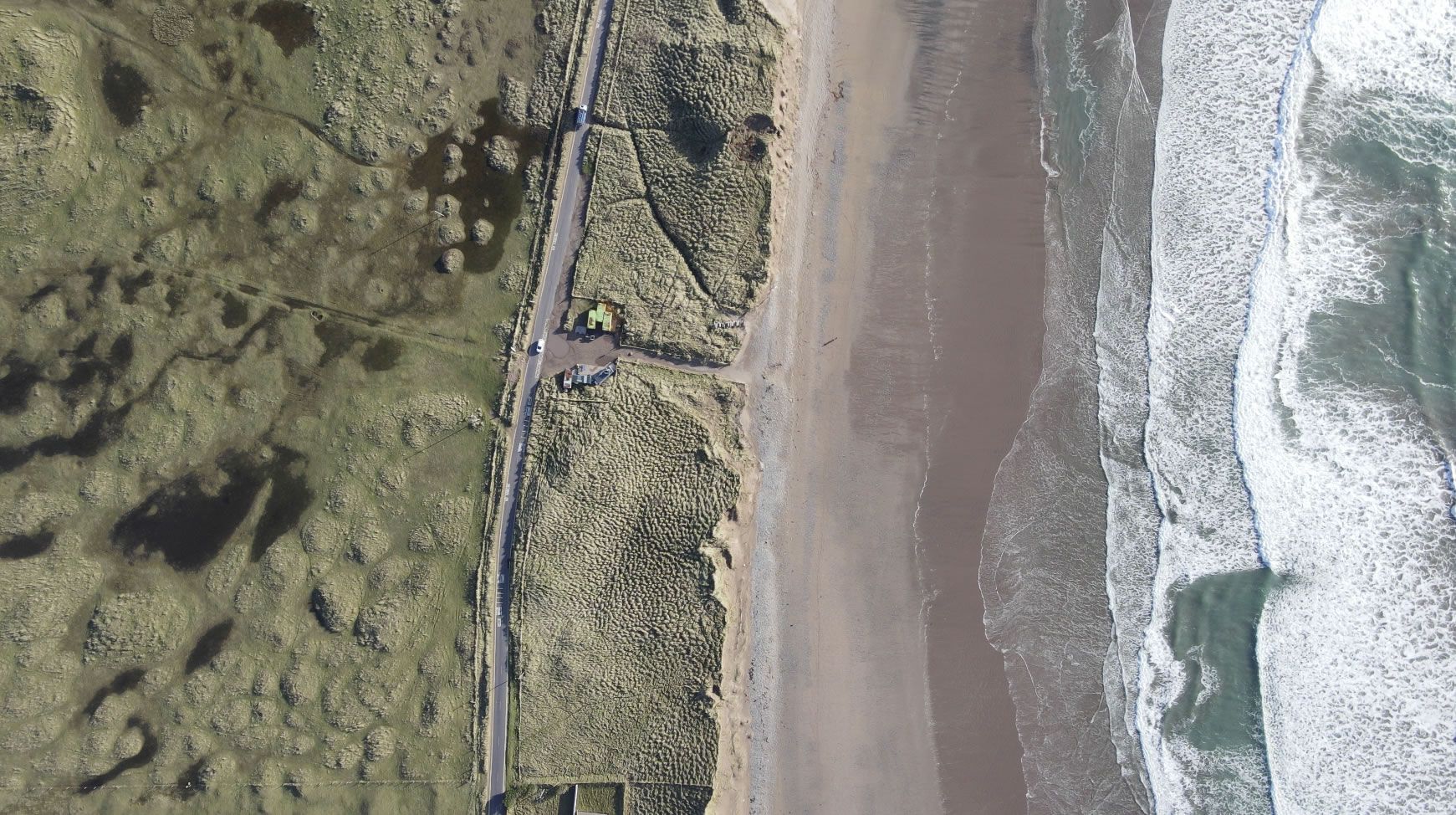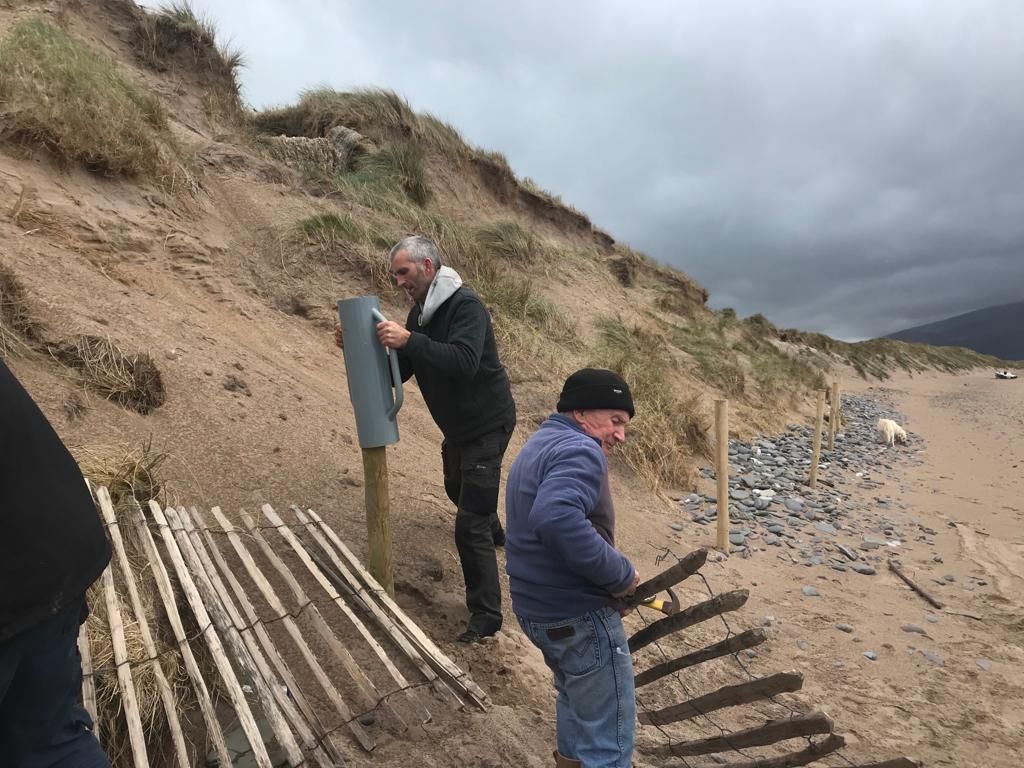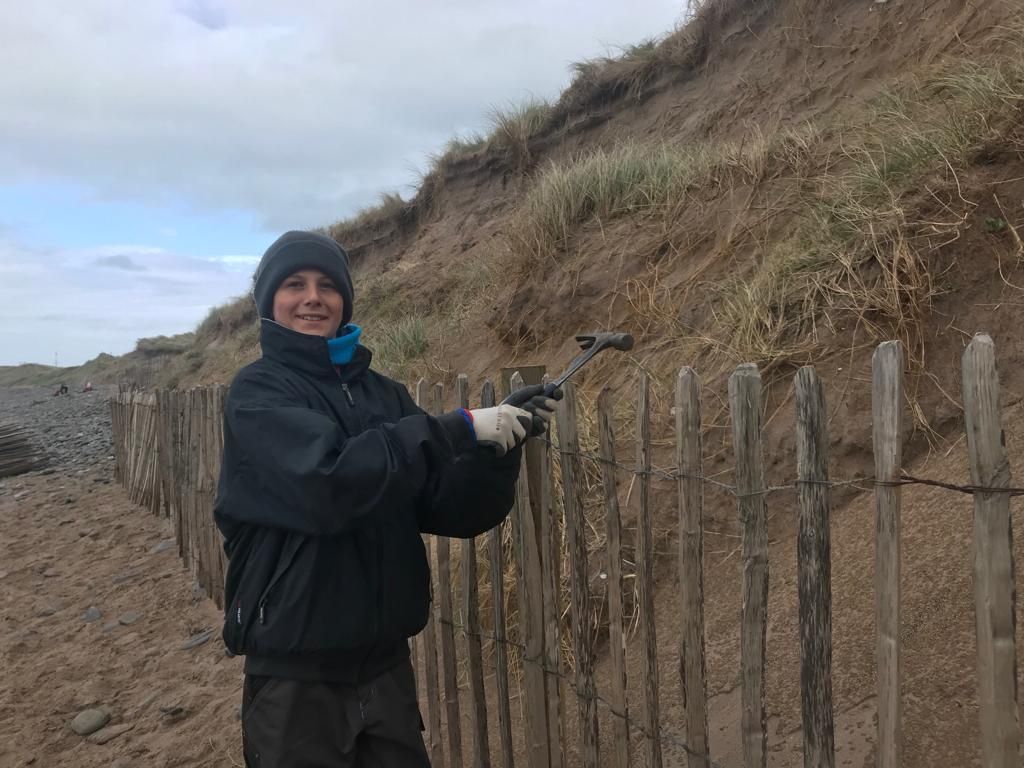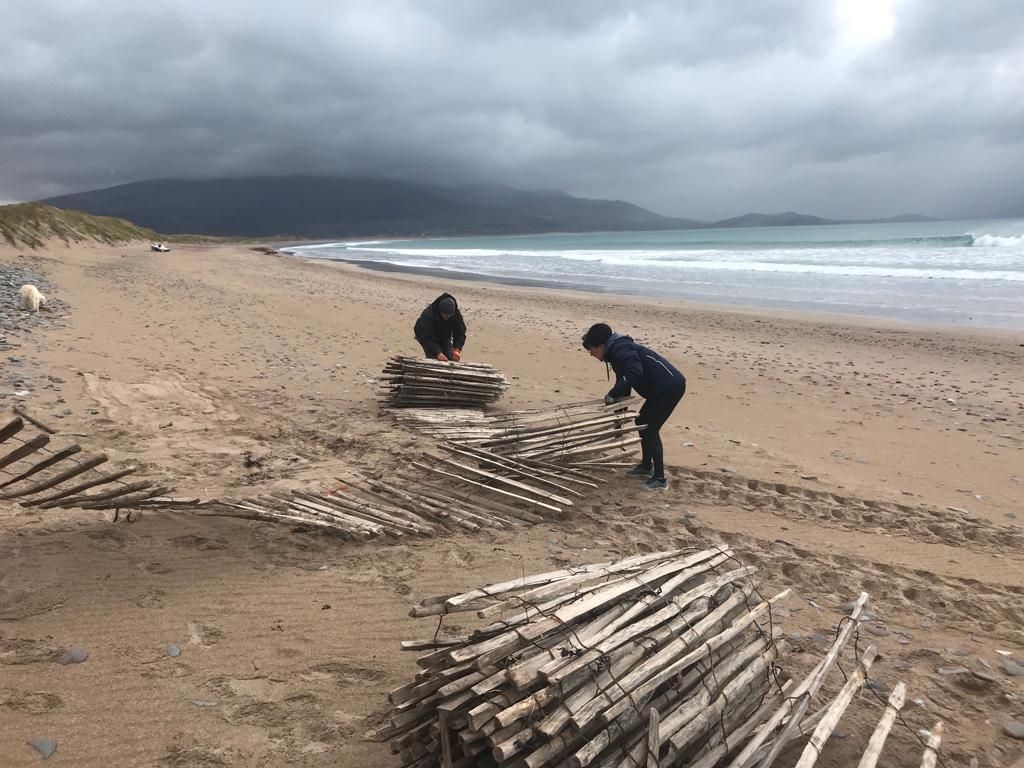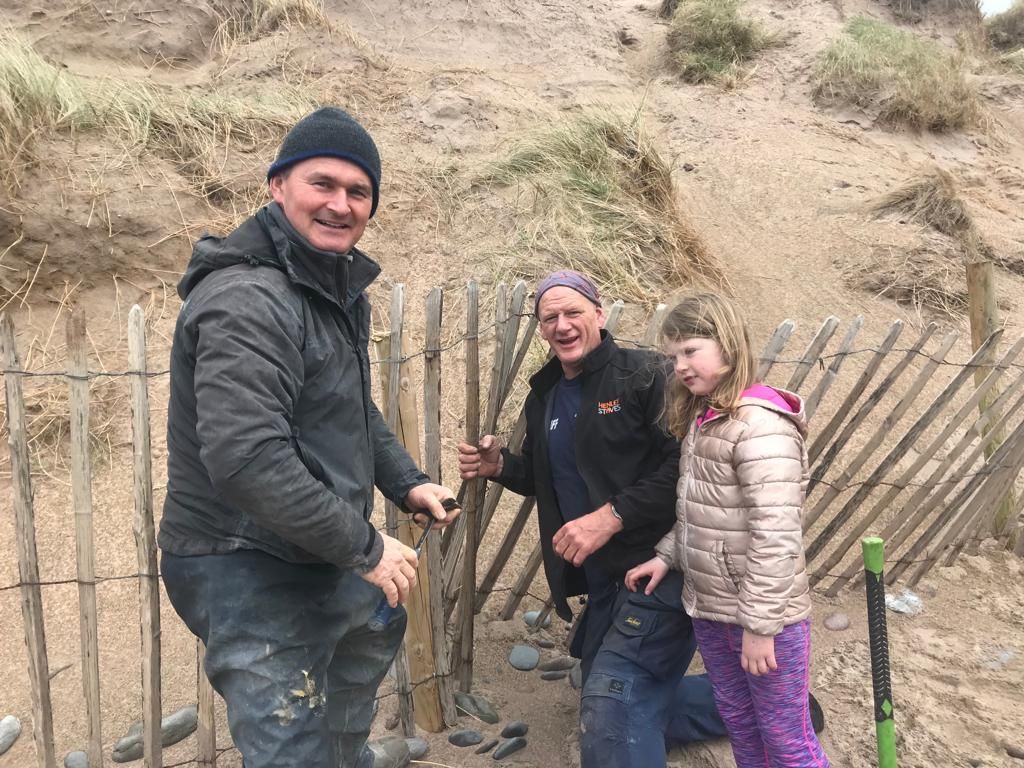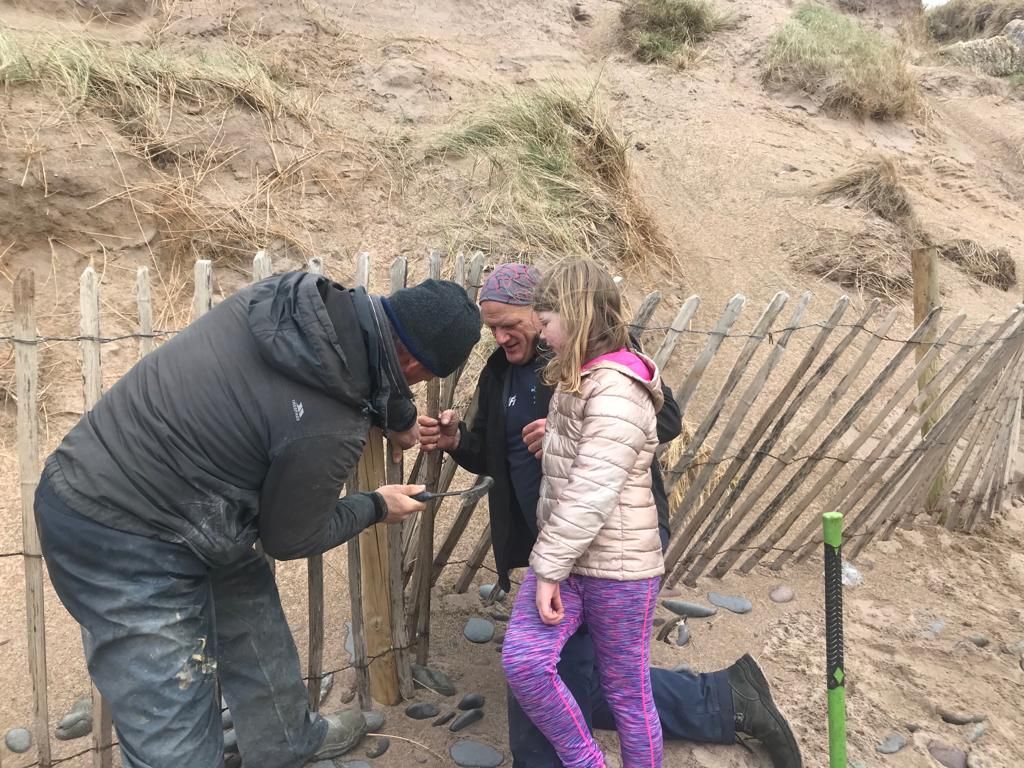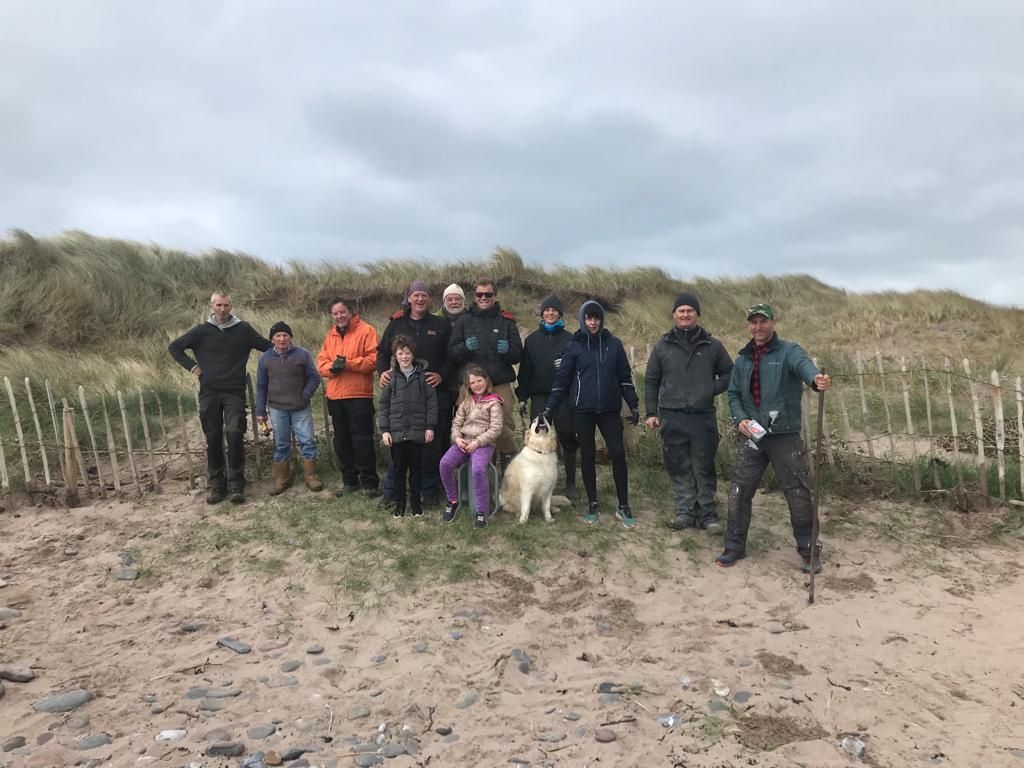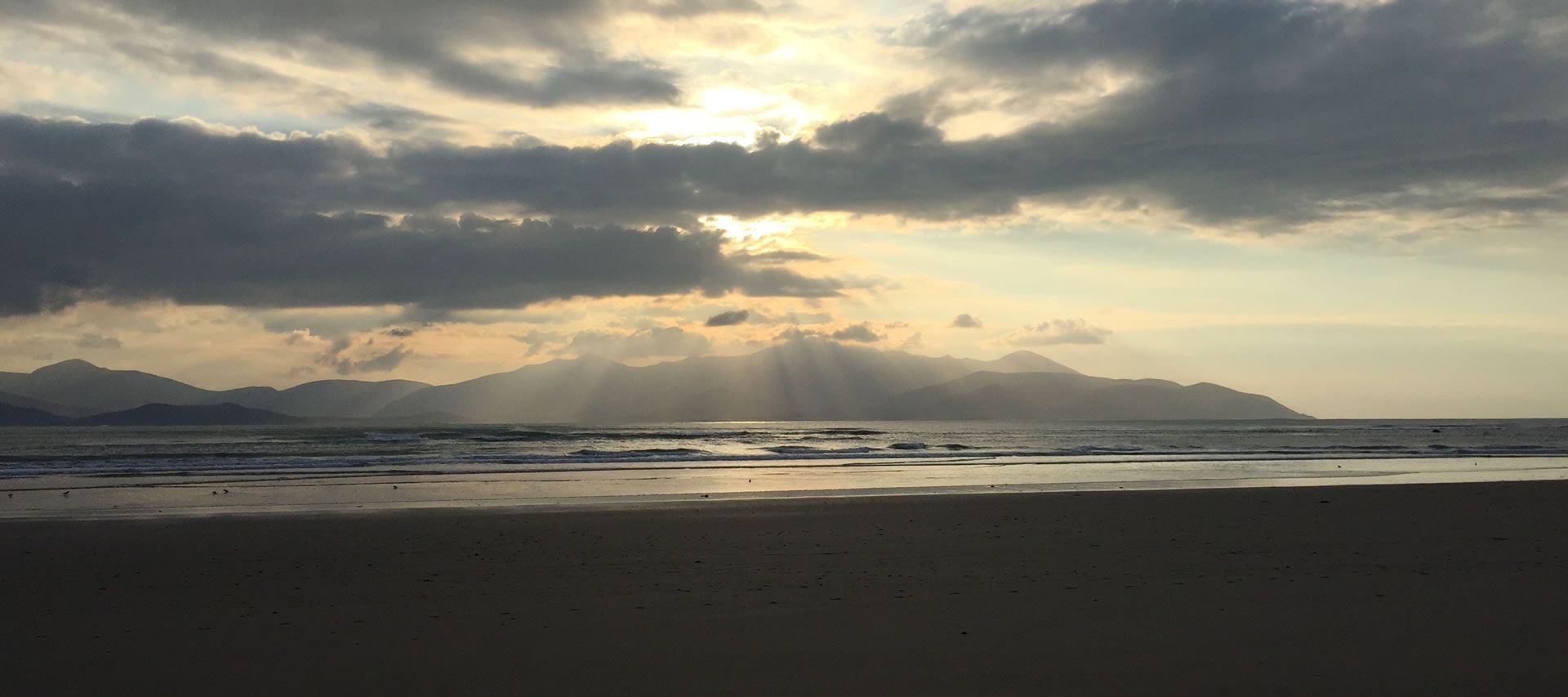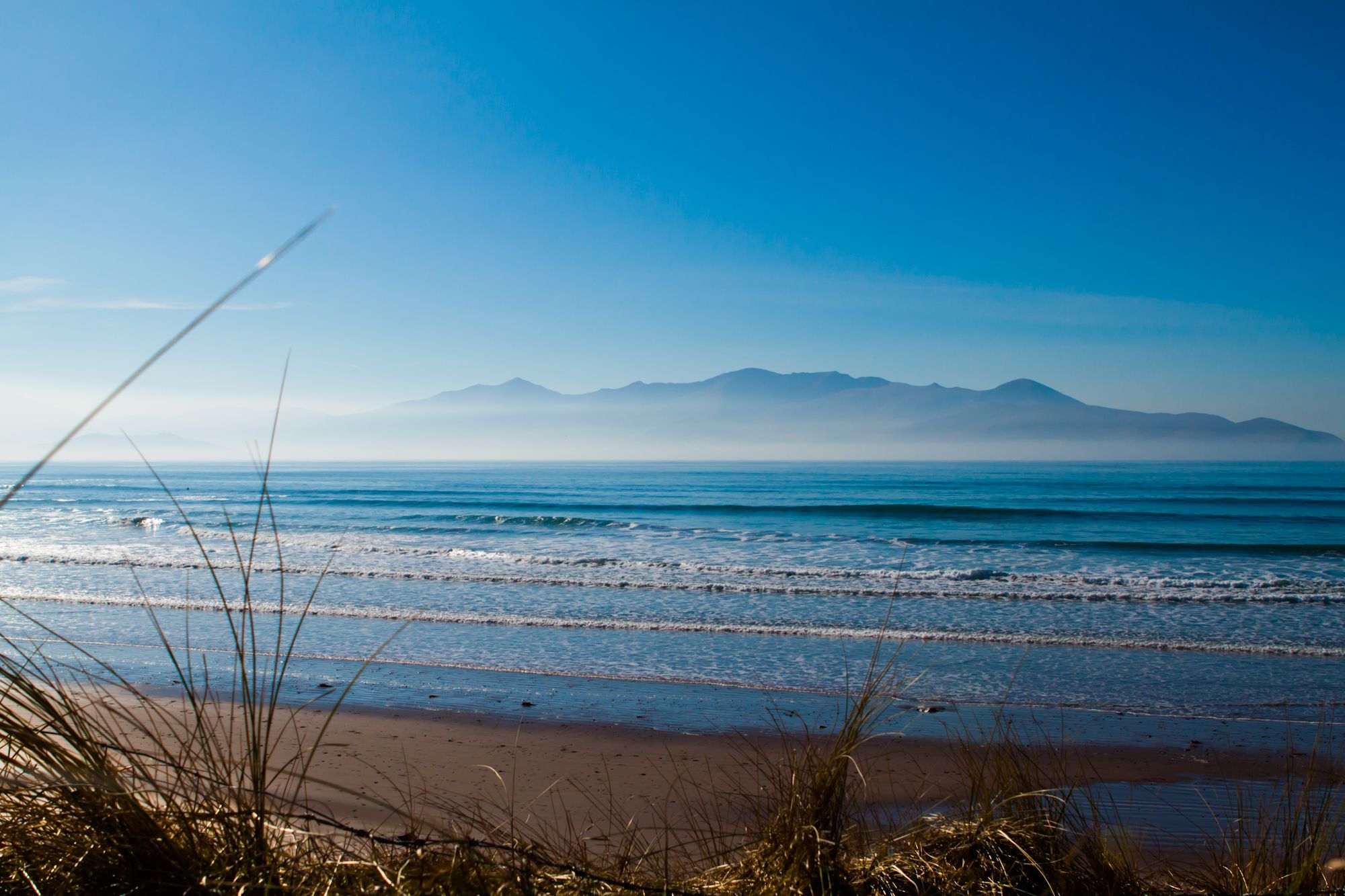The traditional lesser-known placenames of a locality are rooted in its
topography and cultural history and reflect the close relationship
between a community and its immediate environment. The names of
fields, rocks, inlets, submerged rocks, botharíns, landing places, humps
and hollows, and so on, contribute immensely to the rich tapestry of
times past. Through a study of their etymology, some of the layers of
our history can be partially unveiled. ‘Urlann’ and Cathair na Faithche
reflect the presence of pre-Christian forts while ‘An Caoinleach Fada’
and ‘Gort na Sciath’ depict past agricultural practices. Calaithe an Bháid,
Calaithe an Ghrin, Calaithe Léin and Cé, all landing places, indicate the
importance of the sea for fishing and as a means of transport for the
inhabitants of Oileán tSeanaigh.
A time when names such as Carraig na bPréachán; Leac a’ Stóra; An
Eitir; Portcáinín Coyle and The Raithneach Bank tripped off the tongues
of the local people is but a memory. Changes in land ownership, farming
patterns, and a general drift from the land associated with increased
urbanisation and emigration, have all increased the decline. The use of
modern technology in the fishing industry has replaced dependence on
the use of named markers as navigational aids. This has all been
compounded by a change in the spoken word. Many placenames which
originated in the Irish language have become disguised in a phonetic
English spelling which conceals their original meaning. Furthermore,
dramatic changes to the coastline over the centuries has also obscured
the reason why a location acquired its name. Indeed, the locations of
many known placenames within the locality have been lost.
As passing time is the greatest enemy of our collective memory, the
decline in the use of our traditional placenames has led to increased
interest in their collection and recording. In light of this, Maharees
Conservation Association, assisted by funding from FLAG South West,
are in the process of collecting and recording approximately two
hundred and fifty of the traditional placenames of Maharees. The
outputs of the project will include drawn maps of Maharees locating the
placenames; the phonetic pronunciation of all Irish words; the origin
and meaning of the placename; any other interesting information
associated with the site and photographs of selected locations.
All of the information will be freely available on a specially constructed
website. A free booklet with all of the assembled information will be
distributed to households in Maharees and to members of the Maharees
Conservation Association.
€2,493 Raised!
Thank you to all contributors!
The completion of this project will require a significant local
contribution of €2,000.

